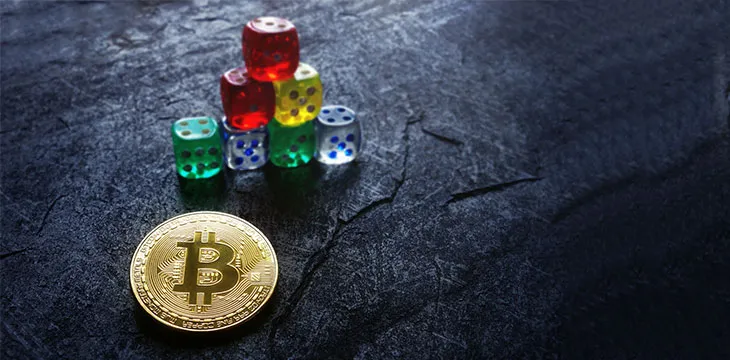|
Getting your Trinity Audio player ready...
|
The Philippines’ Securities and Exchange Commission (SEC) has issued a fresh warning over another digital asset pyramid scheme. It claims that a company known as Sengre has been offering investments to the public fraudulently, including through its digital asset known as SGC Coin.
In its warning, the SEC said the illegal investment solicitations carried out by Leefire are being continued with an identical scheme under the name Sengre. As CoinGeek reported a week ago, the SEC claimed that Leefire was luring investors through promises of lucrative returns from its ICO token.
The SEC claims that Sengre targets investors through its website, where new signups get 150 pesos. Users can earn more commission and rewards by accomplishing higher-level tasks and also get a bonus if they recruit new users under them.
Just like with Leefire, Sengre has its own coin, SGC Coin, which it rewards users with. The SEC advisory says that the company has been promising investors that its token will debut on mainstream exchanges before August 30 this year.
Once awarded, the users can withdraw their earnings to a USD Coin wallet or through GCash, the predominant mobile payment solution in the Philippines.
The regulator warned Filipino investors that Sengre isn’t registered with the commission and is not authorized to solicit investments from the public. The SGC Coin also strikes the regulator as a security whereby someone invests money in a common enterprise with the expectation of profits from the efforts of others.
Local securities laws require “that all offers and sales of said securities must be duly registered with the Commission and SENGRE and/or its agents must have appropriate registration and/or license to offer and/or sell such securities to the public.”
SEC further warned anyone promoting Sengre as salesmen, brokers, and dealers may be prosecuted and held criminally liable, with a maximum fine of PHP5 million ($247,000), a penalty of 21 years behind bars, or both.
Watch: CoinGeek New York panel, Investigating Criminal Activity on the Blockchain

 07-08-2025
07-08-2025 





